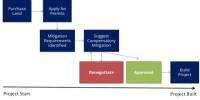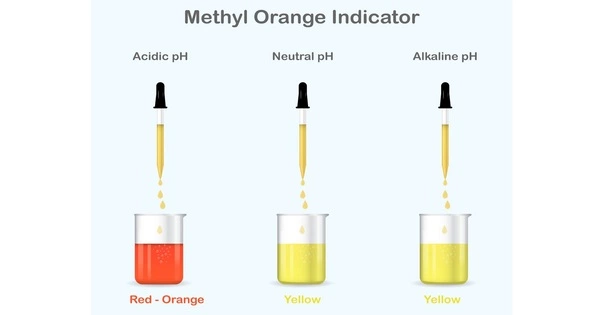Introduction:
The World Bank Institute is the capacity development arm of the World Bank, and helps countries share and apply global and local knowledge to meet development challenges. WBI’s capacity development programs are designed to build skills among groups of individuals involved in performing tasks, and also to strengthen the organizations in which they work, and the sociopolitical environment in which they operate.
Capacity for Development is the ability of individuals, institutions, and whole societies to solve problems, make informed choices, order their priorities and plan their futures, as well as implement programs and projects, and sustain them over time. Building capacity is at the heart of development and development effectiveness. It depends heavily on society’s ability to acquire and use knowledge.
WBI…
Builds capacity for development in response to specific country needs by providing learning programs and policy advice on economic management and poverty reduction, environmentally and socially sustainable development, financial and private sector development, governance, human development, infrastructure, and knowledge for development.
Reaches policymakers, academics, and development practitioners in every corner of the world. In recent years, WBI has broadened its reach to include parliamentarians, journalists, teachers, youth, and civil society leaders.
Helps clients apply knowledge to development challenges, country by country. Through courses, seminars, knowledge networks, communities of practice, and expert advice, WBI and its partners reach people all over the world, promoting the exchange of global and local knowledge.
Uses interactive technologies as well as blended applications of new and traditional educational methods to take knowledge around the world. WBI and its partners deliver learning activities through videoconference, the web, print publications, instructional video, CD-ROM, interactive multimedia and e-learning, as well as face-to-face in the classroom.
Works in partnership. WBI depends on a global network of strategic partnerships to promote the sharing of local and global knowledge among countries. Partners help expand WBI’s professional expertise, staffing, funding, facilities, and administration. Contributions of WBI resource partners represent nearly half of WBI’s total working capital. Resource partners include bilateral aid agencies, foundations, the private sector, and other organizations. More than half of WBI’s activities are developed and delivered jointly with partners in developing countries.
Is guided by an External Advisory Council whose candid feedback and recommendations have helped shape WBI’s programs and strategy over the last years.
















